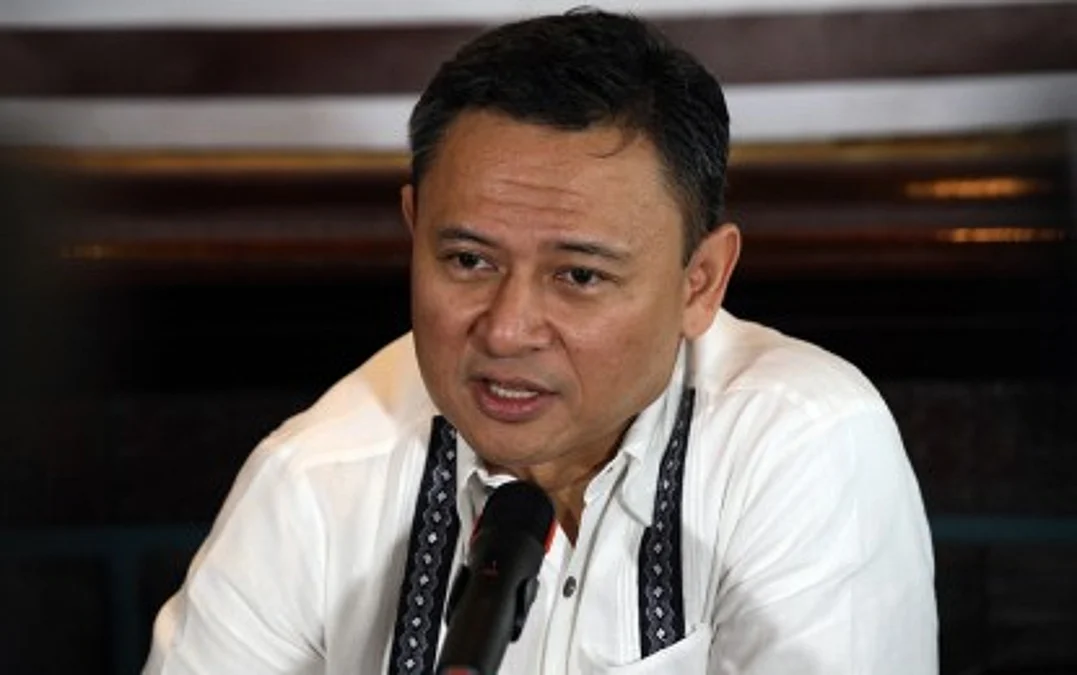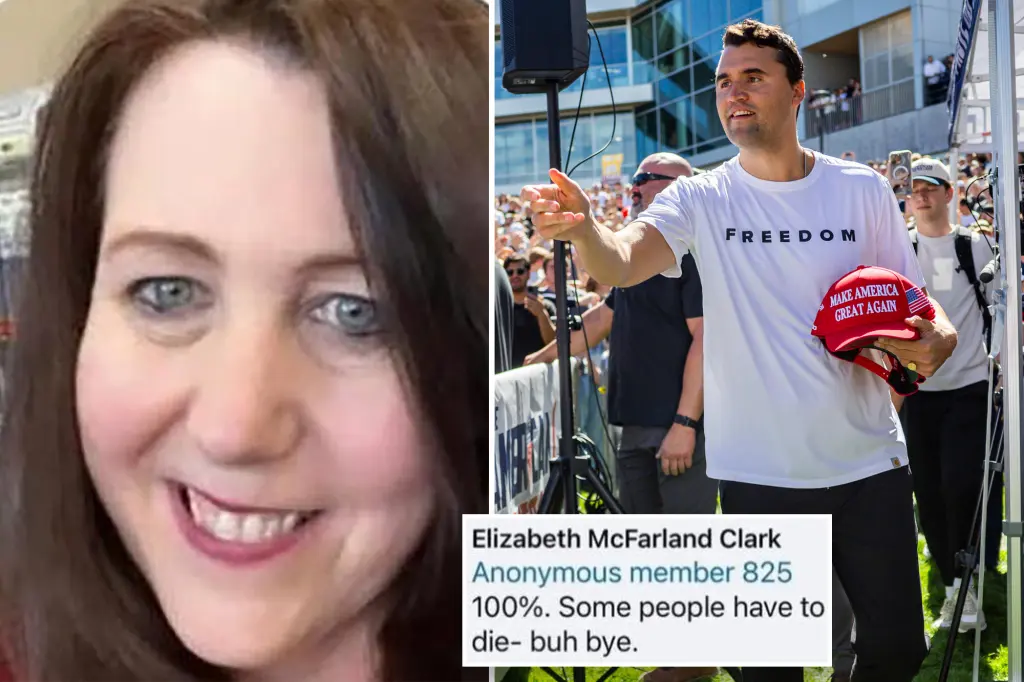
We think a sensible rule of thumb when considering whether to post something online is to ask yourself: Would I say this to someone’s face? If not, it’s time to hit the delete button.
Many people, in the wake of Charlie Kirk’s assassination, aren’t taking a beat before posting vile comments online.
It’s starting to cost some people their jobs. Private employers, taking issue with hateful rhetoric, are parting company with employees over their choices on social media.
Public school teachers have also come under fire. A Chicago Public Schools teacher is receiving national attention for posting a video saying “white cis males are the biggest threat to our country.” An Oak Forest teacher is under internal investigation for a social media post multiple parents flagged that appeared to imply Kirk deserved to be killed. These are just two examples.
Some are calling for these teachers to lose their jobs.
This trend has been growing for years. In other parts of the country, conservative teachers also have faced blowback for their online choices. A Texas teacher was fired in 2019 after posting on social media calling for President Donald Trump to round up “illegal students.”
When educators use their platforms to broadcast political views, the message to students is unmistakable — conform, or be left out. And that’s where the problem lies.
If a teacher feels this emboldened online, imagine what they’re saying in class.
We’ve consistently defended the First Amendment in the strongest terms. Calls to stamp out “hate speech,” like Attorney General Pam Bondi’s recent proposal, run completely counter to this fundamental American principle.
Teachers argue they’re exercising their right to free speech. True, but they should also worry about whether they are depriving students of theirs.
The reality is that nobody wants their kid walking into a hostile classroom, or an environment that is more about propaganda than critical thinking.
School environments should be open and welcoming. How can you foster a willingness to work through difficult ideas if your students aren’t free to be vulnerable and say what they really think?
That’s the chilling effect that takes place when a child from a conservative family walks into a classroom led by a vocal left-wing teacher. The same is true when a student from a progressive family walks into a classroom led by an outspoken conservative teacher.
Most parents send their kids to school to learn how to read, write, do math and socialize with other children.
They don’t like it when schools tack on extras nobody asked for, and they certainly don’t need teachers telling their kids what to think. Indeed, education is all about learning how to think — not regurgitating what someone tells you is right.
We say with confidence that if a child is told by his teacher — the authority figure in the classroom — that someone in politics is bad or evil, a few things will happen. First, that child now knows that they cannot say anything in this classroom that would run counter to their authority figure’s beliefs. Not in reports, not in classroom discussion. If parents agree with the teacher, it’ll confirm that belief. If, however, the child’s parents hold the opposite view, they come into conflict: Either their parents are bad, evil and wrong, or their teacher is bad, evil and wrong. So they’re left wondering: Who can I trust?
That’s corrosive to trust, and corrosive to learning.
Our kids don’t need to know their teachers’ politics. Indeed, knowing them is a disservice to learning and personal growth.
Schools, however, need to reckon with the way they and their employees present to their community and their students. They need to think long and hard about the classroom environments they are cultivating and whether kids feel free to think for themselves.
The classroom environment provides the perfect captive audience for folks who view politics as the highest social calling. They should not be allowed to take advantage of that.
Classrooms should be the freest places in our society for young minds. Schools owe their students an environment where curiosity thrives free of political litmus tests.



